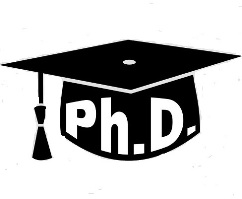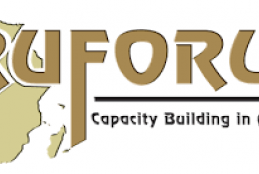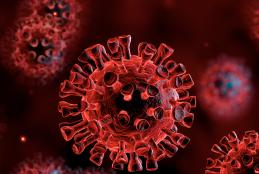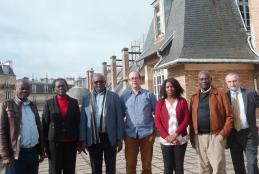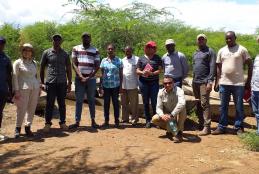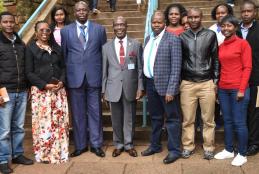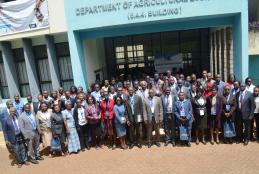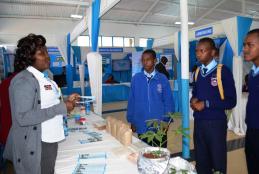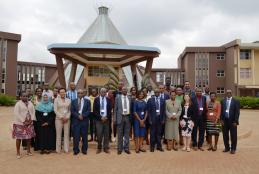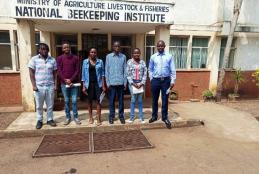RUFORUM Calls for training programs with Support from Carnegie Cooperation of New York
The Regional Universities Forum for Capacity Building in Agriculture (RUFORUM), established by ten Vice Chancellors in 2004, is a consortium of 126 African universities operating within 38 countries spanning the African continent. RUFORUM is coordinated by a Secretariat hosted by Makerere University in Kampala, Uganda.
RUFORUM supports universities to address the important and largely unfulfilled role that universities play in contributing to the well‐being of small scale farmers and economic development of countries throughout the sub‐ Saharan Africa region.



